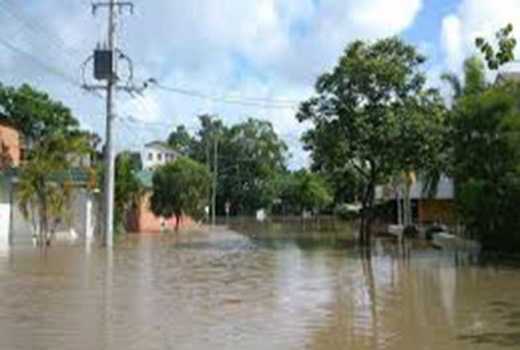×
The Standard e-Paper
Smart Minds Choose Us

From drought to floods, the impact of global climate change has extended its tentacles to Africa. Notably, Kenya has felt the scourge of erratic rain patterns and extreme weather events.
In the months of February and March, discussions around the country’s ‘slow desertification’ made headlines in the media with public debate on how to recover its depleted forests.